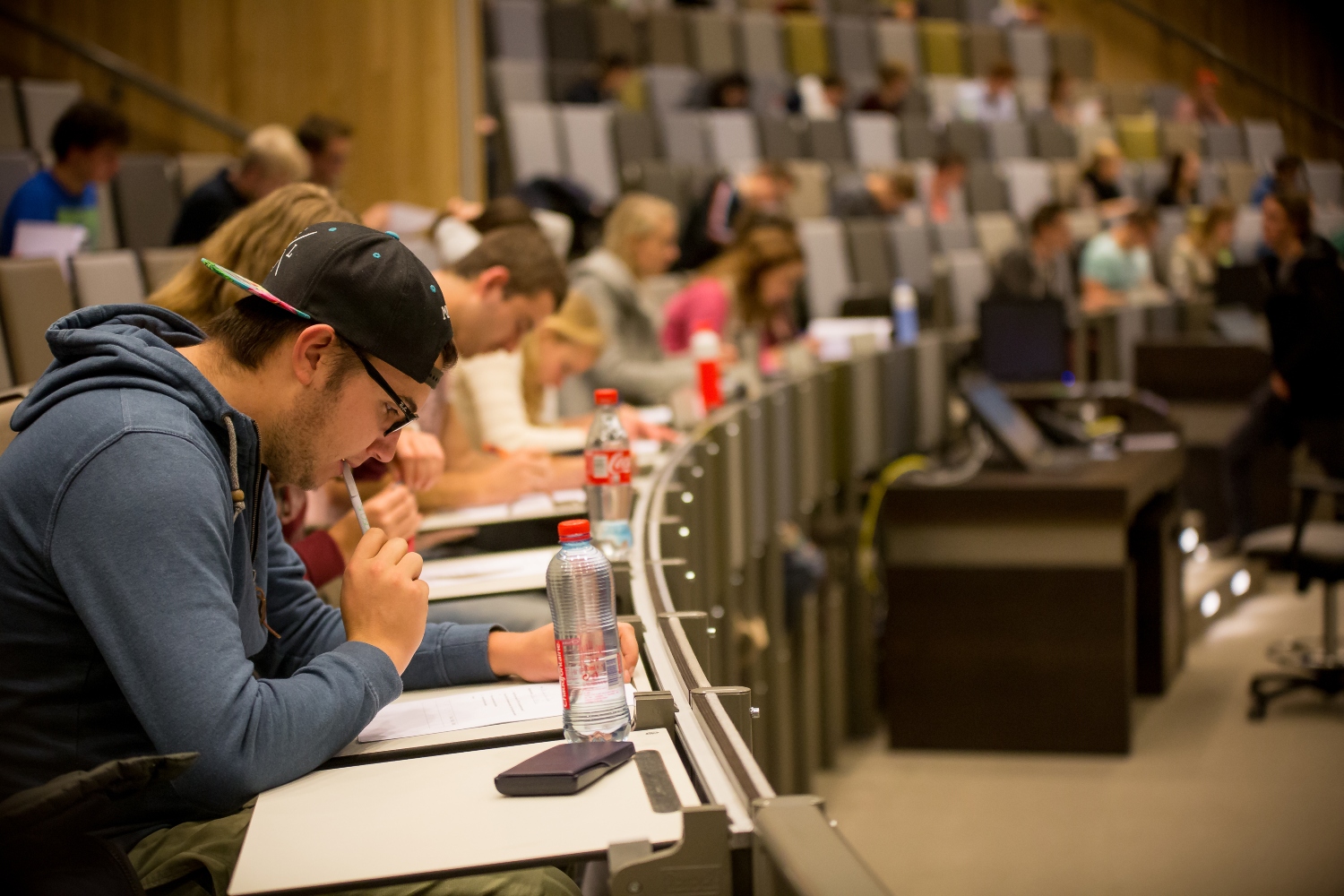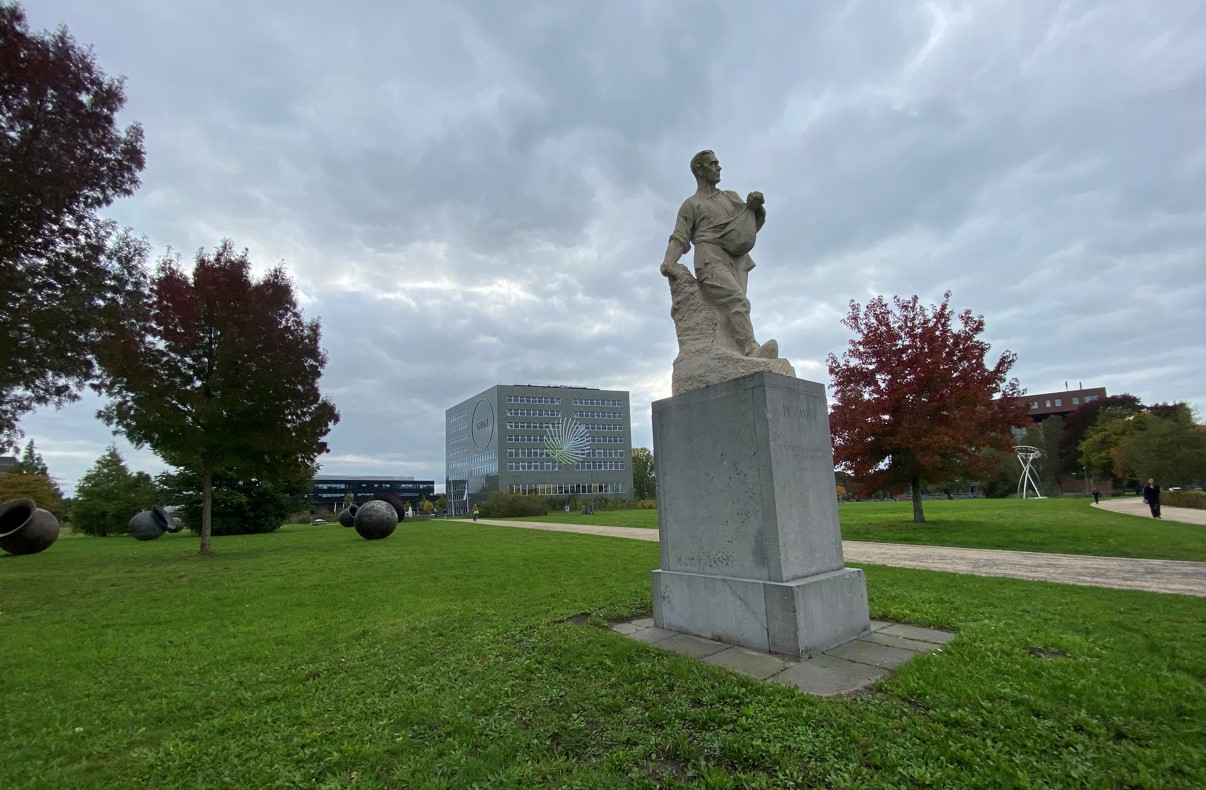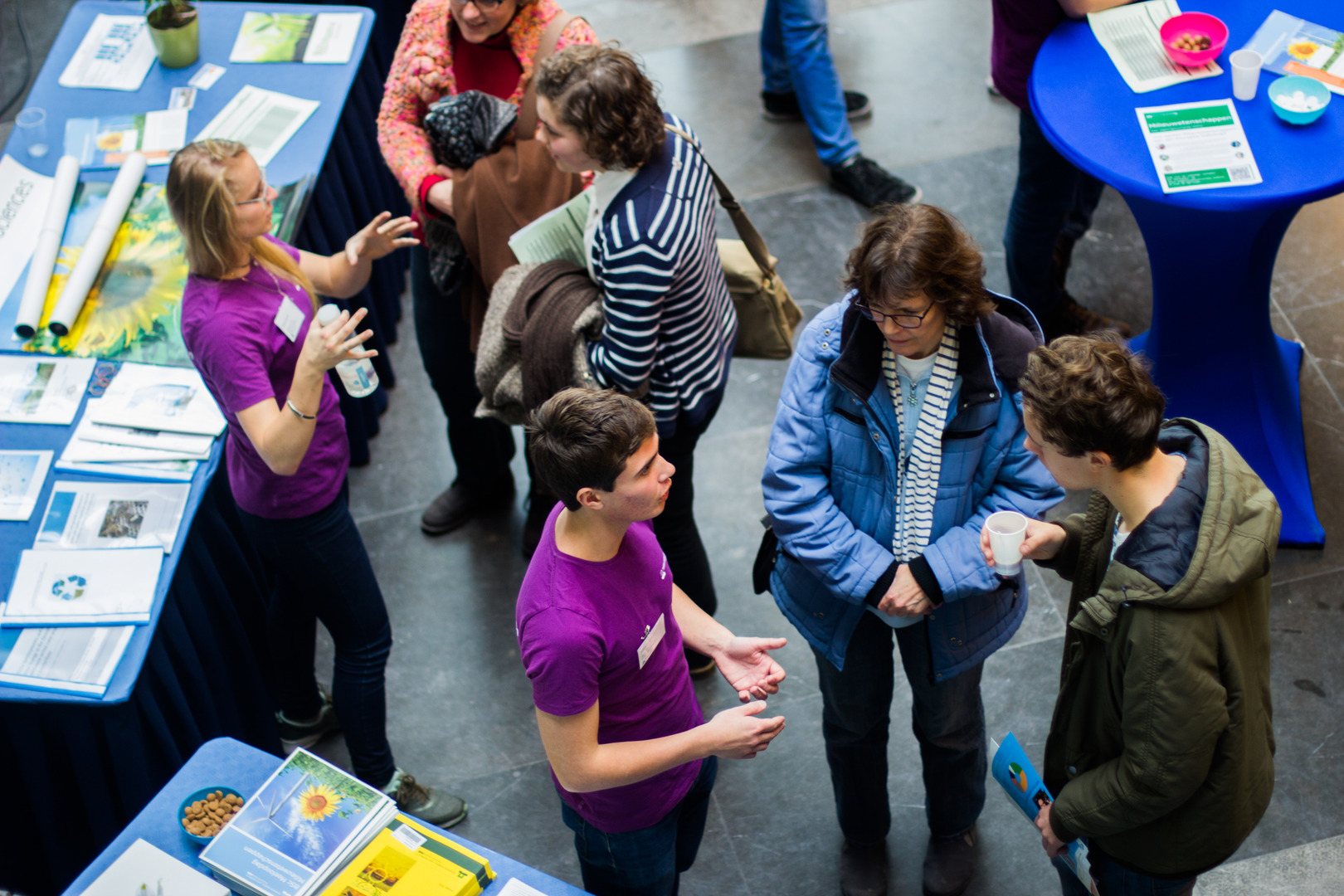The rapid increase of cultural diversity in secondary vocational education (mbo) drives tensions related to values that teachers don’t always know how to address. This is revealed through Education & Learning Sciences PhD candidate Kennedy Tielman’s research.
Cultural diversity in mbo schools has increased significantly in recent years. In some larger cities, some 80 per cent of the students have a multicultural background. That means that teachers need skills beyond the mere ability to teach the subject matter. They must be able to facilitate a culturally diverse group. Not an easy task, particularly with the increase in cultural diversity. ‘Previously, teachers had to take particular cultural backgrounds into account. Today, there is the added factor of whether a person is first, second or third generation. This is sometimes called superdiversity’, Tielman explains.
Multicultural discourse
Tielman has worked for years as a teacher trainer at Fontys university college. He sees many teachers struggling with inclusion. They experience stress when ‘sensitive topics, such as sexuality, politics or religion, are discussed in their classrooms. The discussions sometimes become so heated that teachers choose to avoid certain topics, says Tielman. Student behaviour that is at odds with customary professional ethics is also a source of friction.
Tielman studied these frictions and uncovered another issue for mbo schools to add to the issues cited in previous studies on the most significant multicultural bones of contention in secondary education: Respect, righteousness, personal autonomy and diversity and commonality. These four, plus the issue of professional ethics that Tielman uncovered, are the key factors behind value-driven friction experienced by mbo teachers.
Tielman has no shortage of examples. A talented student offered an internship at a leading business declines the offer out of solidarity with his friends, for example. Or a doctor’s assistant in training who repeatedly diverges from the bad-news protocols because she feels jumping right in with bad news is too crude. Or a classic example is the student who repeatedly avoids eye contact – a show of respect in some cultures but a no-go in the Netherlands – vexing his teachers or internship mentors.
Relaxter
Tielman interviewed a total of 900 teachers from 20 different mbo schools, with over 60 per cent of students with a migration background for his study. Half of the teachers reported incidentally feeling value-driven stress. A further 13 per cent experienced these feelings regularly. These findings are corroborated by TALIS, an extensive European study. That study revealed that no less than 17 per cent of Dutch teachers feel insufficiently equipped to teach culturally diverse groups.
Tielman found an irrefutable link between knowledge and tension. Teachers with more multicultural knowledge were more relaxed. ‘If you know that the reason why a student won’t make eye contact is cultural, you can still say “I would prefer you to look at me”. But knowing the reason behind the behaviour causes the teacher to feel less stress.’ Hence Tielman feels that teacher training should focus more on multicultural knowledge.
Tielman also discovered another, ostensibly remarkable connection: the higher a person rated their own multicultural skills, the more stress that teacher reported. Not necessarily contradictory. ‘People are better able to identify stressors if they have better multicultural skills. Moreover, teachers with these skills are more likely to be given “difficult” groups.’
Multi-perspectivity
Tielman has a migration background. He came to the Netherlands from Curaçao when he was eighteen. This gave his former colleagues ample reason to perceive him as the go-to person with questions on intercultural issues. ‘Everyone assumed I would have the answers, when, in fact, I simply went with my gut feeling’, he reveals in the introduction to his dissertation. The experience shaped his career, including in science.
He is convinced that almost all teachers have the best intentions. He does not see them as making many mistakes. ‘But there is room for improvement.’ In addition to multicultural knowledge, an open, inquisitive attitude is key. ‘That doesn’t mean you can’t set boundaries. But talk with your students and show an interest in their motives. Teachers who are willing to look at behaviour from different perspectives have less stress.’

 The diversity within secondary vocational education means that teachers must have skills beyond just teaching the subject matter. Photo Shutterstock
The diversity within secondary vocational education means that teachers must have skills beyond just teaching the subject matter. Photo Shutterstock 

